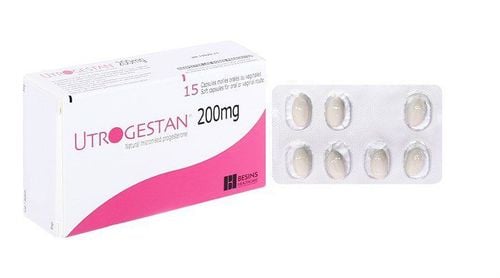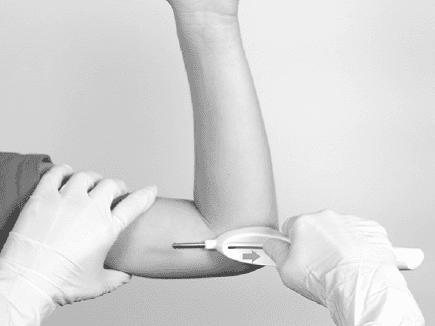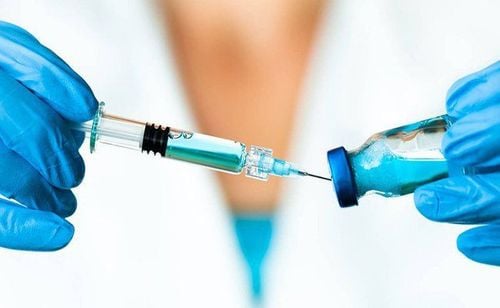This is an automatically translated article.
The article was professionally consulted with Specialist Doctor II Huynh Thi Hien - Obstetrician and Gynecologist - Department of Obstetrics and Gynecology - Vinmec Nha Trang International General Hospital.Hormonal imbalance occurs when there are too many or too few hormones in the blood. Hormonal imbalance not only affects health, beauty decline and affects the psychophysiology of people. Recognizing early signs of hormonal imbalance will help us know how to improve in time. Here are 12 typical signs of hormonal imbalance.
1. What is a hormonal imbalance?
Hormonal imbalance is a condition in which the body has too much or too little of one or more hormones.Hormones are chemicals produced by glands in the endocrine system. Hormones enter the bloodstream to tissues and organs. Hormones are important for regulating most of the major processes taking place in the body. Therefore, hormonal imbalances can affect a wide range of bodily functions.
Women can also suffer from imbalances in estrogen and progesterone, while men are more likely to have imbalances in testosterone.

2. Causes of Hormonal Imbalance
Hormonal imbalance can occur when the endocrine glands are not working as they should.Endocrine glands are specialized cells that produce, store, and release hormones into the bloodstream. There are several endocrine glands located throughout the body that control various organs.
In addition, certain medical conditions, lifestyle habits and environmental factors can also play a role in hormonal imbalance. Causes of hormonal imbalances include:
Chronic or extreme stress Type 1 and type 2 diabetes Hyperglycemia (overproduction of glucagon) Low blood sugar An underactive thyroid (hypothyroidism) overactive thyroid (hyperthyroidism) Overproduction or deficiency of parathyroid hormone Poor diet and poor nutrition Being overweight Hormone replacement or birth control pill use
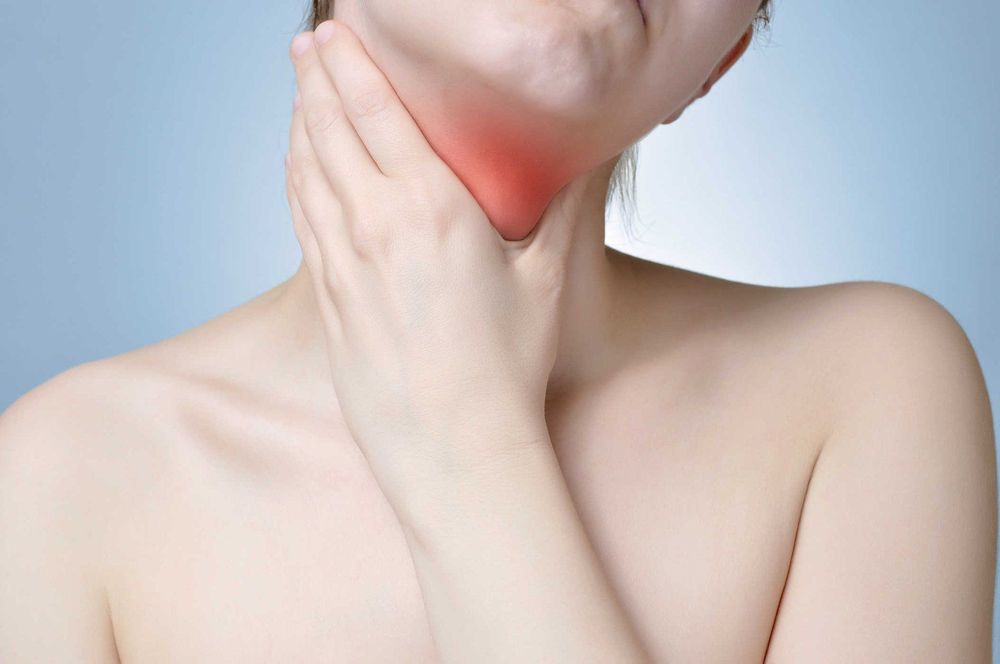
3. 12 signs of hormonal imbalance
3.1 Irregular menstrual cycle
Most women get their period after 21 to 35 days. If your period doesn't come at the same time every month or takes several months, it means you have too much or too little of certain hormones (eg, estrogen and progesterone).If you're in your 40s or early 50s, this could be a sign of perimenopause or a symptom of other health problems, like polycystic ovary syndrome (PCOS).
3.2 Sleep disturbance
If you're suffering from a sleep disorder like not getting enough sleep, or poor quality sleep, your hormones may be at issue. Progesterone is a hormone secreted by the ovaries that helps you fall asleep. However, if the level of the hormone is lower than normal, it will make it difficult for you to fall asleep. Low estrogen can trigger hot flashes and night sweats, both of which can make it difficult to fall asleep.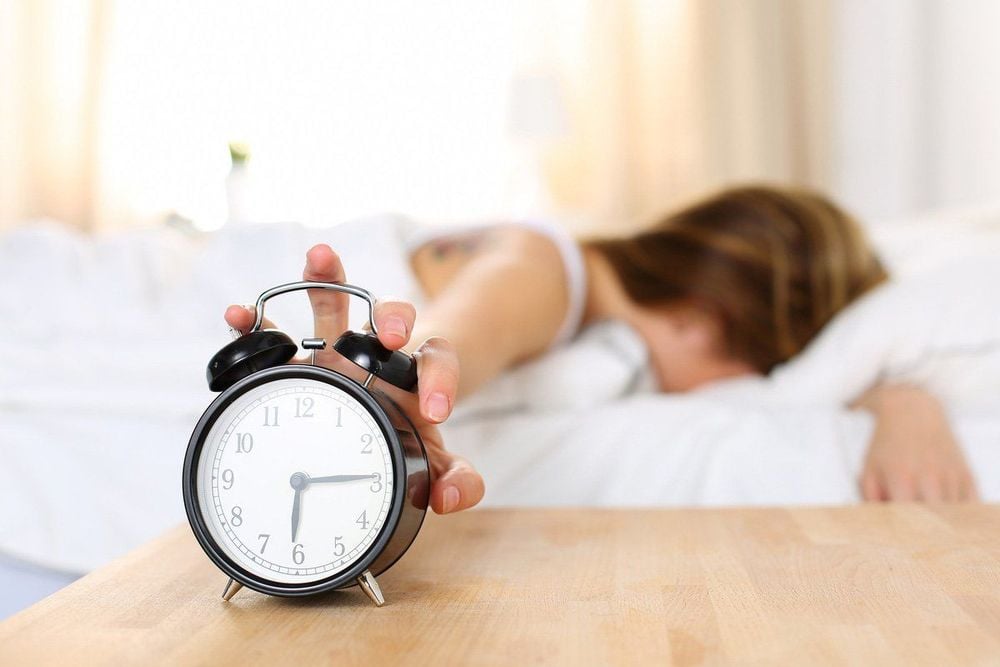
3.3 Chronic acne
It's normal to have acne before or during your period, but persistent acne can be a symptom of hormone problems. This is because an excess of androgens can overwork your oil glands. Androgens also affect the skin cells in and around hair follicles. Both of these factors can clog pores and cause acne.3.4 Unclear thinking
Changes in estrogen and progesterone levels can make it hard for your head to remember things. Some experts think that estrogen can affect chemicals in the brain called neurotransmitters. Attention problems and memory problems.In addition, this is also a symptom related to thyroid disease. Let your doctor know if you have trouble thinking clearly.
3.5 Abdominal problems
Your gut is lined with small cells called receptors that respond to estrogen and progesterone. When these hormones are higher or lower than normal, you may notice changes in the way you digest food. That's why symptoms like: Diarrhea, upset stomach, bloating, and nausea can increase or get worse before and during your period.
3.6 Constant fatigue
Fatigue is one of the most common symptoms of hormone imbalance. Excess progesterone can make you drowsy. And if your thyroid produces too little thyroid hormone, it can sap your energy. A simple blood test, called a thyroid panel, can tell you if your thyroid hormone levels are too low.3.7 Mood swings and depression
A drop in hormones or a rapid change in hormone levels can cause a sad mood.3.8 Appetite and weight gain
When you feel sad or excited, it could be that your body is experiencing a drop in estrogen levels that make you want to eat more.
3.9 Headache
Many factors can trigger this symptom. But for some women it can be caused by a drop in estrogen. Frequent or frequent headaches that appear at the same time each month could be a sign that your hormone levels may be changing.3.10 Vaginal dryness
Occasional vaginal dryness is also normal. But if this symptom is frequent, it is more likely due to low estrogen levels. The hormones help vaginal tissue stay moist and clean. If your estrogen drops due to hormonal imbalance and reduced vaginal discharge.
3.11 Decreased libido
If testosterone levels are lower than normal, it can cause you to have a low sex drive.3.12 Breast changes
Declining estrogen can make your breast tissue less dense. And an increase in hormones can thicken breast tissue, even causing new lumps or cysts. Talk to your doctor if you notice changes in your breasts, even if you don't have any other symptoms that worry you.Please dial HOTLINE for more information or register for an appointment HERE. Download MyVinmec app to make appointments faster and to manage your bookings easily.
References: webmd.com, medicalnewstoday.com





